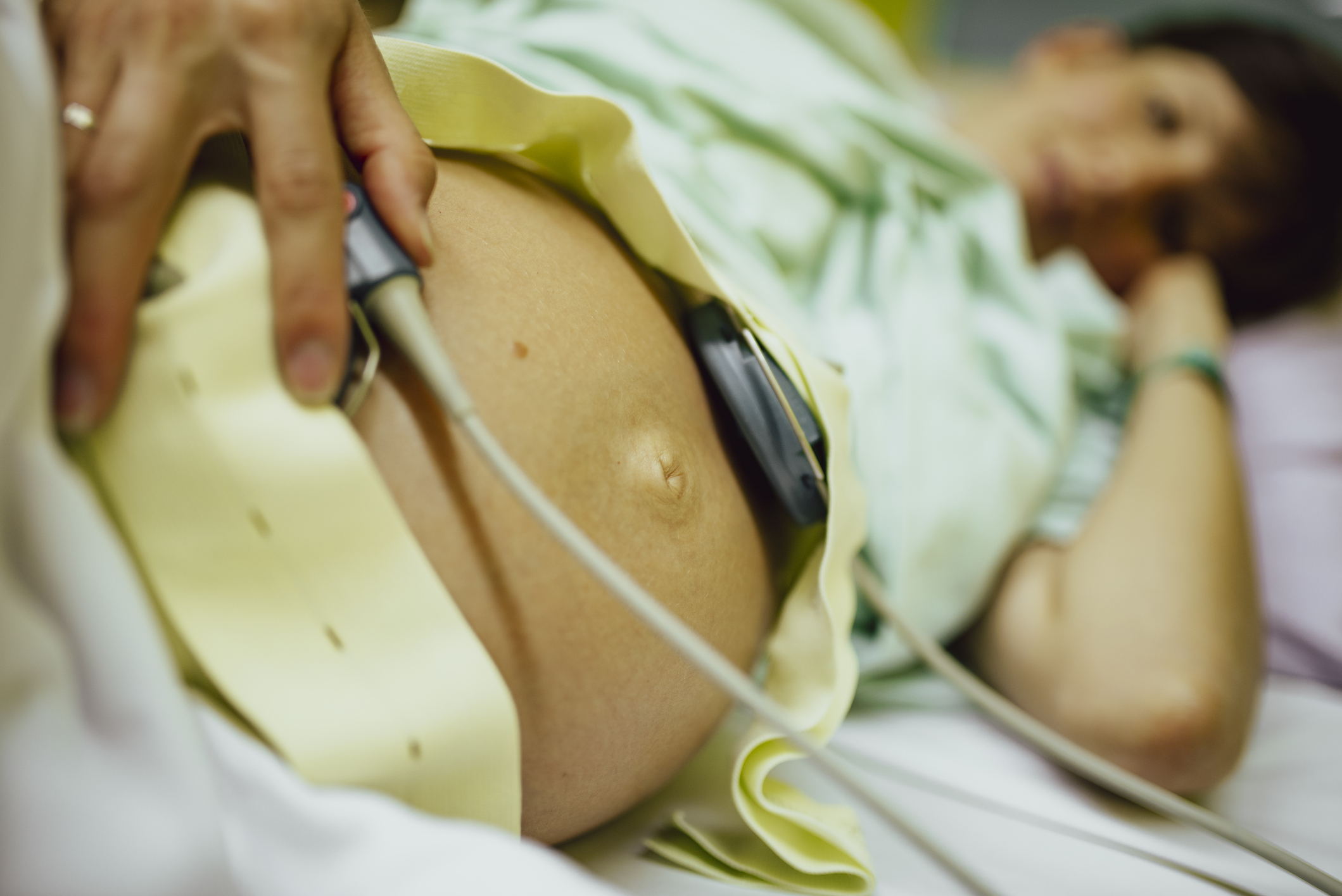
Why is Fetal Heart Monitoring Important During Labor?
During labor and delivery, it is important for your doctor to check the progress of your baby’s entry into the world. One way they are able to check on both you and your baby is by conducting fetal heart monitoring. While this is not a necessary procedure, it has the ability to spot potential complications and prompt your doctor to treat those situations at a faster pace.
Medical devices like fetal heart monitors are helpful in preventing birth injuries. As birth injury attorneys, we understand how imperative it is to ensure the safety of both you and your baby while at the hospital. If your doctor fails to use them or uses them incorrectly, you should consult a birth injury attorney.
What is fetal heart monitoring?
Fetal heart monitoring measures the heart rate and other vital functions of a fetus during pregnancy, and is most commonly used during labor. It is a fairly common procedure that may be conducted in one of three ways: auscultation, external or internal monitoring.
The most common form of monitoring is external electronic fetal monitoring, which consists of a device that rests on a mother’s abdomen that automatically measures and listens to the baby’s heartbeat. Most doctors will use this form of external monitoring that will continuously record the baby’s heart rate through the use of doppler ultrasound waves. Another form of external monitoring is auscultation. This is the process of periodically listening to the baby’s heartbeat, and this may be used if the baby is not under any distress or high risk.
Internal fetal heart monitoring requires the doctor to place a small electrode on the baby’s head in utero. While not as commonly used, a doctor may recommend it if they are unable to get a strong reading from an external monitor, and they need a direct measurement of your baby’s heart rate.
Is fetal heart monitoring a necessary process?
Many experts believe electronic fetal monitoring is not a necessary procedure for low-risk pregnancies. However, if there is a higher risk for birth injury or a previously diagnosed condition where heart monitoring is necessary, doctors will elect to use either external or internal fetal heart monitoring.
Additionally, it is also recommended for use in any labors that are preterm deliveries, induced labor or where an epidural is requested.
What is failure to monitor?
Besides measuring a baby’s heart rate, a fetal heart monitor is also able to detect the presence of issues within the heart, abnormal breathing or fetal distress. If an abnormal heart rate is detected, your doctor and their medical team should immediately assess the situation to determine the underlying cause.
Failing to monitor both mother and baby may lead to serious complications if there is a drop in heart rate or signs of fetal distress. A doctor or his or her medical team may be held liable for medical negligence if this happens and a birth injury is a result.
Should monitoring continue after delivery?
While direct forms of fetal heart monitoring usually stop after delivery, your doctor should monitor your baby for a few hours or sometimes days after birth. In high-risk cases, doctors monitor the baby’s heart rate to assess if there is a risk of heart defects or other blood pressure issues. In addition, doctors should closely monitor the mother for any postpartum complications.
In order to ensure the health of a newborn and his or her mother, postpartum care involves many tasks. Following delivery, doctors and their care teams must watch both mother and baby closely. They should watch out for the following signs and symptoms:
- Watching the baby for signs of jaundice, a condition where the skin turns a yellow-orange color, or other medical complications.
- Evaluating any incisions following a c-section.
- Monitoring for any excessive bleeding or uterine issues from the mother.
- Monitor both mother and baby for high blood pressure.
- Monitoring for any signs of distress.
In the hours following delivery, your doctor or medical team should check on you and your baby regularly to ensure your recovery and health. If not, they may be liable for medical malpractice if either of you suffered a birth injury.
What should I do if my doctor is negligent?
Filing a claim against the doctor who was supposed to safely bring your child into the world can be a stressful thought. At Zevan Murphy Roman, we are here to advise you on next steps and gain your family rightful compensation for the pain they inflicted on you and your child.
If you believe that you or your child have experienced medical malpractice, contact our St. Louis birth injury attorneys for a free consultation.
